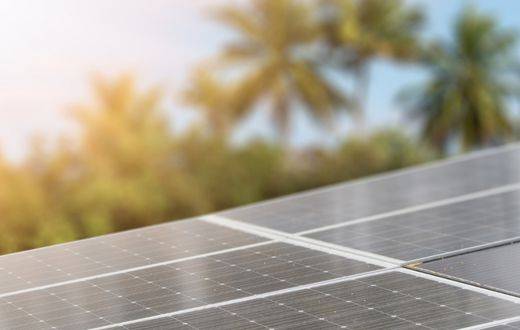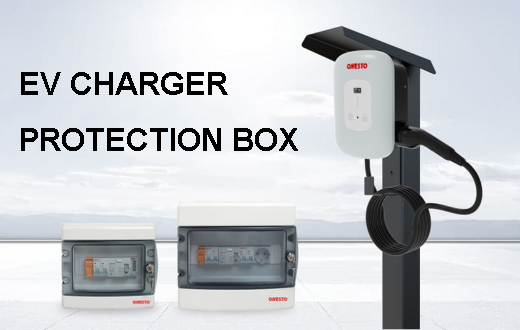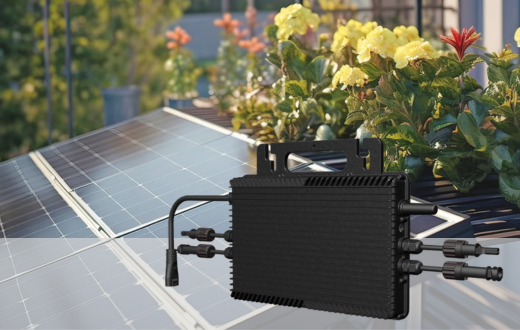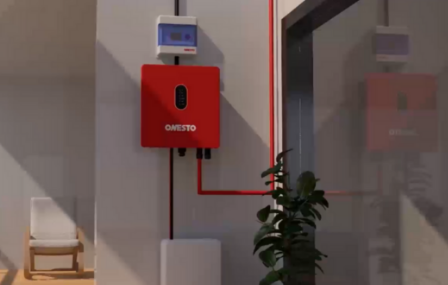Solar energy storage batteries are becoming increasingly important as a part of the larger picture of renewable energy development and implementation. As more solar installations take place in homes, businesses and public entities, the need for reliable energy storage batteries increases, allowing for more reliable and efficient delivery of solar energy.
Solar energy storage batteries work by storing the excess energy captured from the solar panels which can then be used at a later time. This provides energy when the sun isn’t shining, such as at night, on cloudy days, or during periods of peak demand. As such, the battery helps to even out the demands on the grid, allowing for a reliable and secure power supply.
The most important factor of a solar energy storage battery is its capacity. The higher the capacity, the more energy that can be stored and used at a later time. The capacity of a solar battery also determines the size of the battery and the number of solar panels that are needed to store the energy.
The type of solar energy battery is also important, as different types can have different benefits. Lithium-ion batteries generally offer the highest energy density, meaning they can store more energy in a given size than other types of batteries. Lead acid batteries are known to be the most economical, but cannot store as much energy per size.







